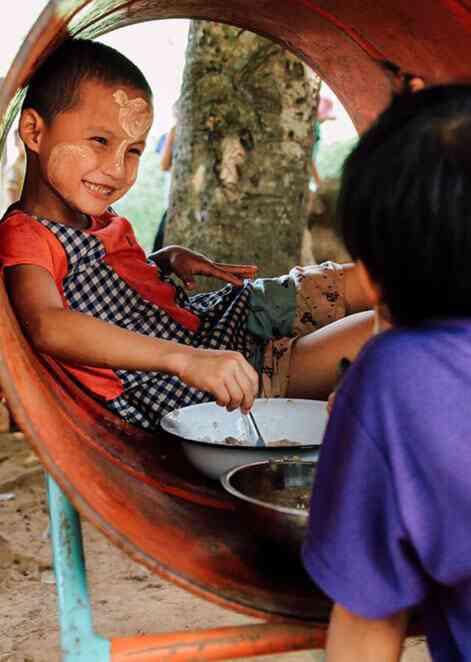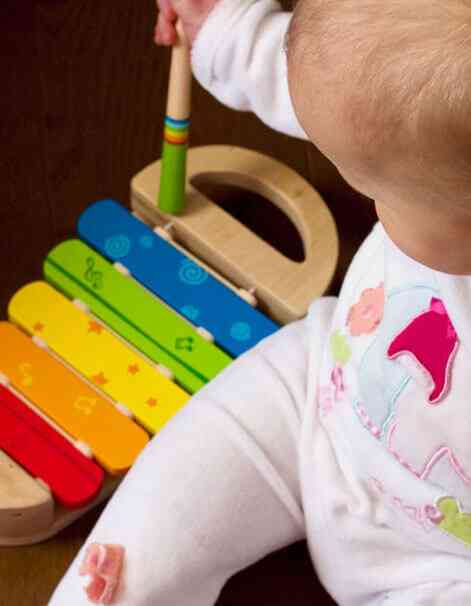WELCOME
Our Mission is to provide a safe and welcoming place for children to play, engage with their friends, and explore the world around them. We have three guiding principles which help us to carry out this mission each and every day.
PRINCIPLES
1 - BELONG
When children know they are Safe, they feel free to explore and be creative. Their imaginations come alive and they can truly enjoy the games and activities they love. For us, a sense of belonging includes:
- Safety: We provide actual and felt protection for children's physical and emotional well being.
- Welcoming: We remind children every day of the joy they bring us! Our actions are designed to reinforce love and acceptance for who each child is. Each day we greet children warmly and remind them that we consider it a delight to be spending our day with them.
- Consistency: Our kids know what to expect from us and what we expect from them. Routine is very important in early childhood development, so we have consistent teachers and regular schedules in each of our classrooms.

2 - Play
Play is the language through which young children engage with the world and begin to make sense of all its complicated realities. It is how they explore, discover, create, and share with others.
- We offer programs which focus on singing, dancing, artistic creation, and physical engagement. Each of these activities help children discover their unique interests, increase their independence, and express their emotions.
- We offer children choices to explore the areas of play which interest them most. Our teachers work closely with parents in understanding and fostering the unique passions of each child. We also give children opportunities for personal expression through activities such as show and tell.
- Pretend play is fostered as much as possible. Pretending helps children make sense of concepts they do not yet understand and enhances their ability to distinguish fantasy from reality. In later stages of early development, pretend play fosters creativity and gives children opportunities to invite their friends into their world. Inclusion is always supported as children learn to negotiate and cooperate with their peers.
- Our classrooms and activities are designed to promote positive social interactions through engaging play. By offering cooperative and affable environments, we promote friendship through collaboration and commonality of interests.

3 - Engage
We focus on the social and emotional development of young children. Strong academic programs can be beneficial, however we believe early childhood development is best fostered by focusing on a child’s emotional awareness and the skills needed for positive peer interactions. Some of our key principles include:
- Providing environments designed to foster social and emotional development in the three foundational areas of trust, self-awareness, and autonomy. Each of these are supported differently based on the child's stage of development, their temperament style, and within the context of their family, community, and cultural background.
- Developing strong attachment bonds with infants and toddlers by offering them responsive, affectionate, and emotionally available interactions. This supports a foundation from which they can maintain enduring relationships with others.
- As children move toward Preschool, we monitor and support their social development by teaching them the skills needed for positive interaction, rather than focusing on correcting their challenging behaviors. Specific skills we look to promote include:
- Identifying, understanding, and communicating their emotions.
- The ability to persist at difficult tasks.
- The ability to follow directions.
- The ability to constructively manage strong emotions.
- Development of empathy toward others.
- Conflict resolution and problem solving.



